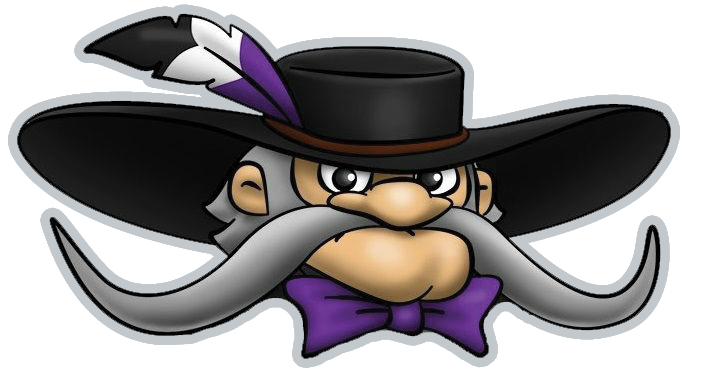When To Seek Professional Help for Your Child’s Mental Health
Children these days are under more stress and pressure than ever, especially with the COVID 19 pandemic. As result, we are seeing an increase in the number of kids who may need professional help to deal with their mental health issues. Many times parents feel that their child’s issues may just be a “phase” that they will grow out of. Sometimes that is true, but it can be difficult to determine the difference between a “phase” and a problem that may require help from a doctor or licensed counselor. Certain factors such as genetics, biology or environment may cause a child to be more vulnerable for developing disorders such as depression, anxiety or ADHD, just to name a few.
Some common symptoms to look for would be:
- Excessive hyperactivity and/or difficulty paying attention.
- Impulsivity - child doesn’t think before he or she acts.
- Rapid mood swings, or abrupt change in mood or behavior.
- Persistent depressed or irritable mood.
- Withdrawal from school, friends & social activities.
- Persistent or prolonged anxiety or nervousness - worry or fears that seem excessive for the situation, excessive difficulty going to school or separating from caregivers.
- Difficulty in controlling or regulating emotions.
- Difficulty understanding appropriate social interactions and the feelings of others.
- Changes or disturbances in sleeping or eating patterns.
- School difficulties – frequent misbehavior or absences, sudden decrease in grades.
- Frequent and persistent defiance toward authority – more than you would expect from a child that age.
- Conduct problems – stealing, fighting, fire-setting, cruelty to animals, verbally and/or physically aggressive, law violations, destroying property.
- Feelings of hopelessness or helplessness.
- Self-harming behavior or thoughts of suicide – immediately seek assistance from a doctor or mental health professional!
Many children may experience these symptoms at any given time. So how do we figure out if this child may need professional help? Consider the following things:
- Frequency – How often does this child exhibit the symptoms?
- Duration – How long has this been a problem?
- Intensity – How severe are the symptoms?
- Age Appropriateness – Are these behaviors normal for a child this age?
- Resistance to change – How resistant is the child to changing these behaviors?
Your MCC school staff has a lot of knowledge and experience in dealing with children’s behavior. Please contact your child’s teacher, principal, school counselor or Mental Health Coordinator for their input if you have concerns about your child’s behavior or mental health. They will be able to direct you to services in the school and community to provide help and support for your child and family.
Nikki Cheskie - MCC Elementary Mental Health Coordinator

